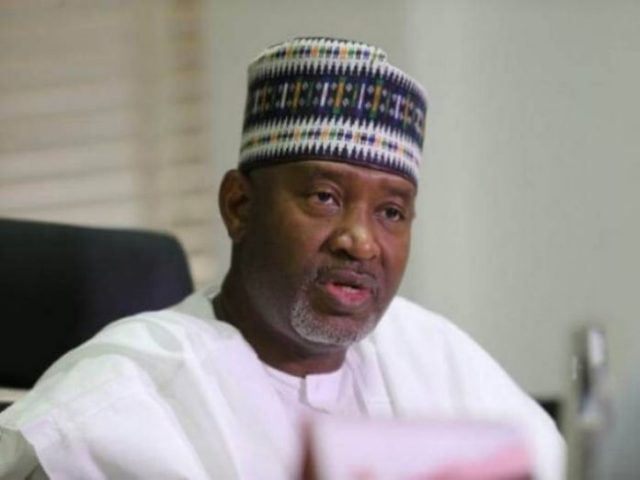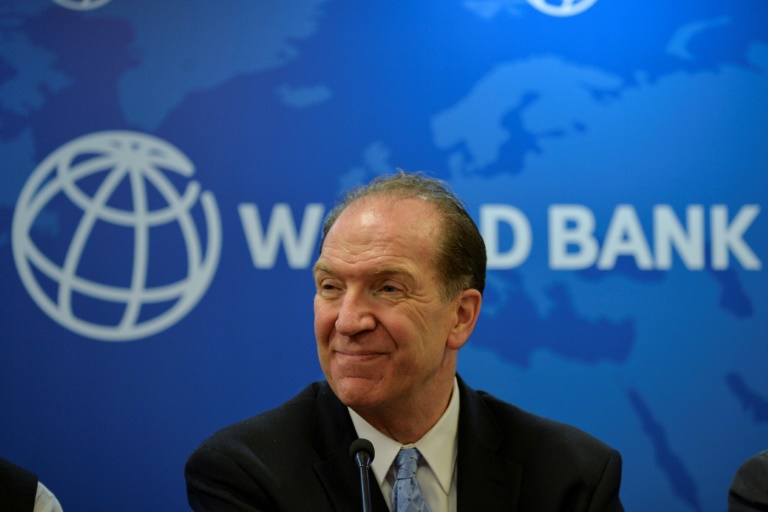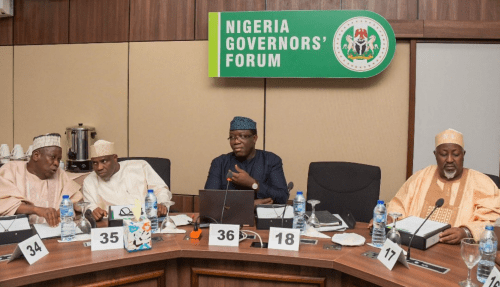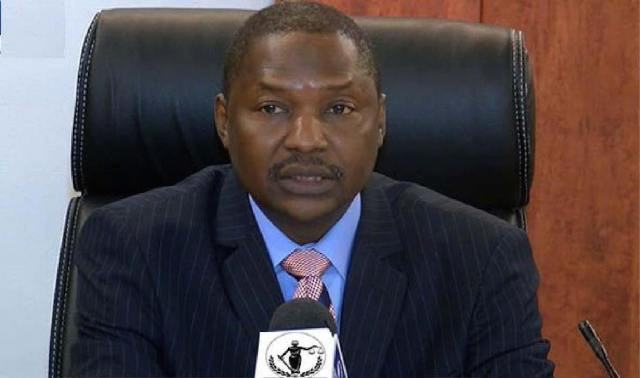Securities and Exchange Commission (SEC) has revealed that cryptocurrency transactions in Nigeria reached $50 billion between July 2023 and June 2024.
Gatekeepers News reports that in a statement issued on Sunday, Emomotimi Agama, Director-General of SEC, highlighted that the volume of crypto activity far surpasses participation in the traditional capital market, where fewer than 4 percent of Nigerian adults are active investors.
According to Agama, the growing crypto market reflects investors’ appetite for risk and innovation — a dynamic largely missing in conventional investment channels.
Presenting a lead paper titled “Evaluating the Nigerian Capital Market Master Plan 2015–2025” at the Chartered Institute of Stockbrokers (CIS) annual conference, Agama lamented the persistently low participation in Nigeria’s capital market, calling it a serious barrier to economic growth and capital formation.
He noted that while fewer than three million Nigerians invest in the capital market, more than 60 million engage in gambling daily, spending an estimated $5.5 million per day.
He said, “This paradox shows that Nigerians have a high tolerance for risk but lack the trust or access to invest productively.”
Agama also expressed concern over Nigeria’s market capitalization-to-GDP ratio, which stands at about 30 percent — significantly lower than South Africa’s 320 percent, Malaysia’s 123 percent, and India’s 92 percent.
Reflecting on the Capital Market Master Plan (CMMP) launched in 2015, Agama said the initiative aimed to transform Nigeria’s capital market into a driver of economic growth through long-term financing for infrastructure and enterprise.
He admitted, however, that less than half of the 108 CMMP initiatives have been achieved due to weak alignment, poor stakeholder engagement, and limited performance metrics.
Although he acknowledged progress in areas such as Green Bonds and fintech integration, Agama stressed that market liquidity remains overly concentrated in large-cap stocks like MTN, Airtel Africa, and Dangote Cement.
He identified key challenges for the next phase of reform, including low retail participation, declining foreign inflows, underutilized pension funds, untapped diaspora capital, and Nigeria’s widening $150 billion annual infrastructure deficit.
Calling for a more proactive SEC, Agama said the Commission must act as both regulator and growth enabler — championing transparency, inclusion, and trust.







